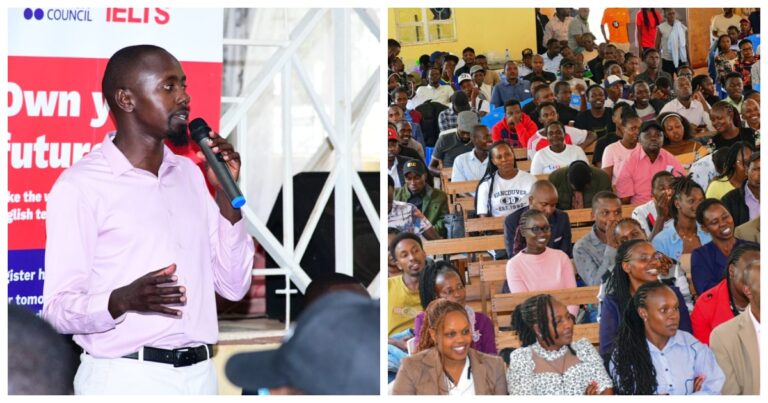
Ngugi wa Thiongo.
Ngũgĩ wa Thiong’o, Kenya’s foremost novelist and a towering figure in African literature, passed away on May 28, 2025, at the age of 87 in Atlanta, United States. His death marked the end of a prolific career that spanned over six decades, during which he profoundly influenced postcolonial literature and championed the use of African languages in writing.
Born James Ngugi in 1938 in Kamiriithu, Kenya, Ngũgĩ emerged as a literary voice during the turbulent years of Kenya’s struggle for independence. His early works, written in English, include Weep Not, Child (1964), the first major novel in English by an East African, followed by The River Between (1965) and A Grain of Wheat (1967). These novels explored themes of colonialism, nationalism, and the complexities of Kenyan society during and after British rule.
In a bold cultural and political statement, Ngũgĩ abandoned writing in English in the late 1970s to write primarily in his native Gikuyu language. This shift was part of his broader commitment to decolonizing African literature and empowering indigenous languages and cultures. He founded and edited the Gikuyu-language journal Mũtĩiri and produced works that ranged from novels and plays to essays and children’s literature, all emphasizing African identity and resistance to colonial legacies.
Ngũgĩ was also a committed political activist. His innovative theatre work in Kenya, which encouraged audience participation and challenged authoritarianism, led to his imprisonment in 1977 by the Kenyan government. After his release, he went into exile, teaching at prestigious institutions such as the University of California, Irvine, Yale, Northwestern, and New York University.
Throughout his life, Ngũgĩ received numerous international accolades, including the 2001 International Nonino Prize and the 2016 Park Kyong-ni Prize. He was widely regarded as a strong contender for the Nobel Prize in Literature.
Ngũgĩ’s legacy extends beyond his literary achievements; he was a relentless advocate for African languages and cultures and a voice for social justice. His children, including authors Mũkoma wa Ngũgĩ and Wanjiku wa Ngũgĩ, continue his literary tradition.
His family announced his passing with a call to celebrate his life and work, reflecting on a life dedicated to the liberation of African literature and thought. Ngũgĩ wa Thiong’o’s influence remains deeply embedded in African intellectual and cultural history.





